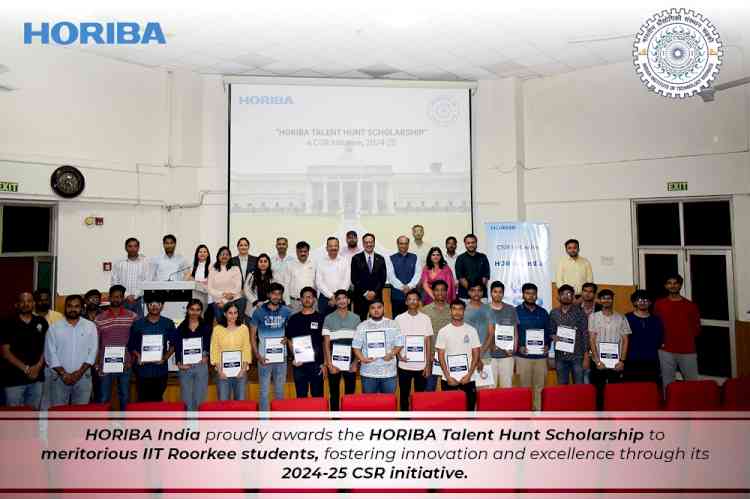UGC prepares guidelines for skill-based courses, micro-credentials in Higher Education
The University Grants Commission (UGC) has prepared guidelines for the introduction of skill-based courses and Micro-credentials in Higher Educational Institutions (HEIs) and the Standard Operating Procedures for implementation.

New Delhi, Dec 18 (IANS) The University Grants Commission (UGC) has prepared guidelines for the introduction of skill-based courses and Micro-credentials in Higher Educational Institutions (HEIs) and the Standard Operating Procedures for implementation.
UGC Chairman M. Jagadesh Kumar told IANS, "The guidelines are for the introduction of Skill-Based Courses and Micro-Credentials in Higher Education Institutions (HEIs), marking an important step in realising the objectives of the National Education Policy (NEP) 2020. These guidelines aim to equip students with practical, industry-relevant skills and help them realise their academic goals in a chosen discipline."
"These guidelines aim to address the job market's changing demands and prepare India's youth to become key contributors to a globally competitive knowledge economy. India's demographic dividend, characterised by its large and youthful population, holds immense potential for economic growth and global influence. However, unlocking this potential requires aligning higher education with the evolving needs of industry and society. NEP 2020 advocates bridging the gap between conventional academic instruction and practical competencies employers seek by introducing skill-based courses and micro-credentials as part of a student's academic journey," Kumar said.
He said by integrating skill courses into the existing educational curriculum, HEIs can offer students exposure to emerging fields such as artificial intelligence, data analytics, digital marketing, Literary Journalism and Feature Writing, Conflict Resolution and Mediation, Digital Advocacy and Campaigning, Logistics & Supply chain, Sustainable Agriculture, Digital Payments and Banking, Fashion Marketing and E-commerce and sustainable practices.
Kumar added: "Acquiring skills in these and related fields will provide enhanced opportunities to our students to either be self-employed or seize the new job opportunities emerging in a rapidly digitising and environmentally conscious global economy."
According to the UGC, these courses aim to enhance students' employment opportunities, including self-employment, by addressing industry-relevant skill gaps.
The UGC said it will promote the introduction of demand-driven, industry-focused skill-based courses that cater to regional and local employment needs, thereby aligning higher education with regional economic development.


 IANS
IANS 








